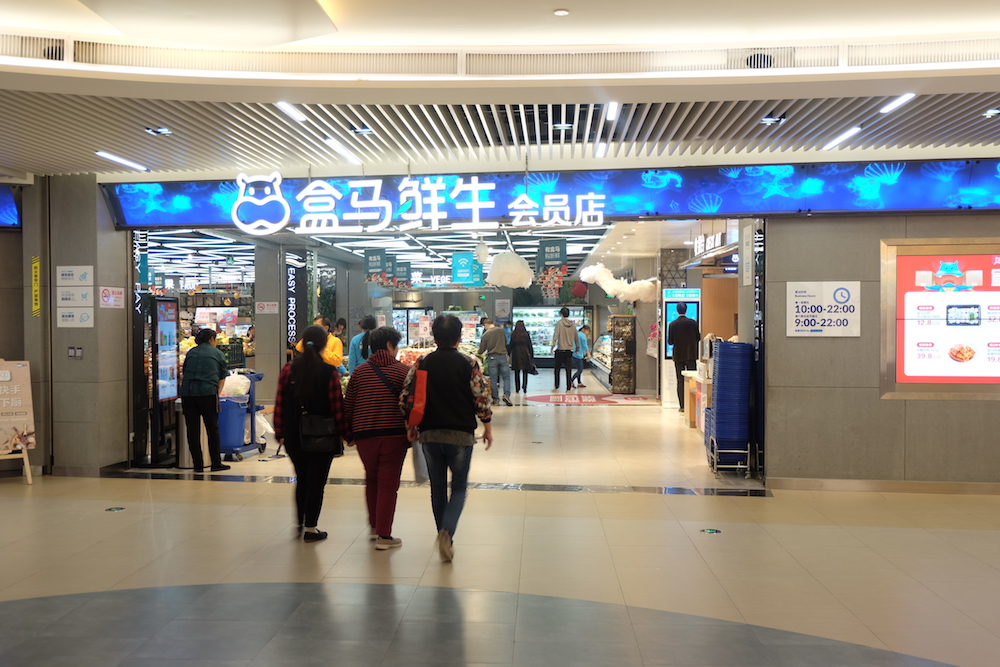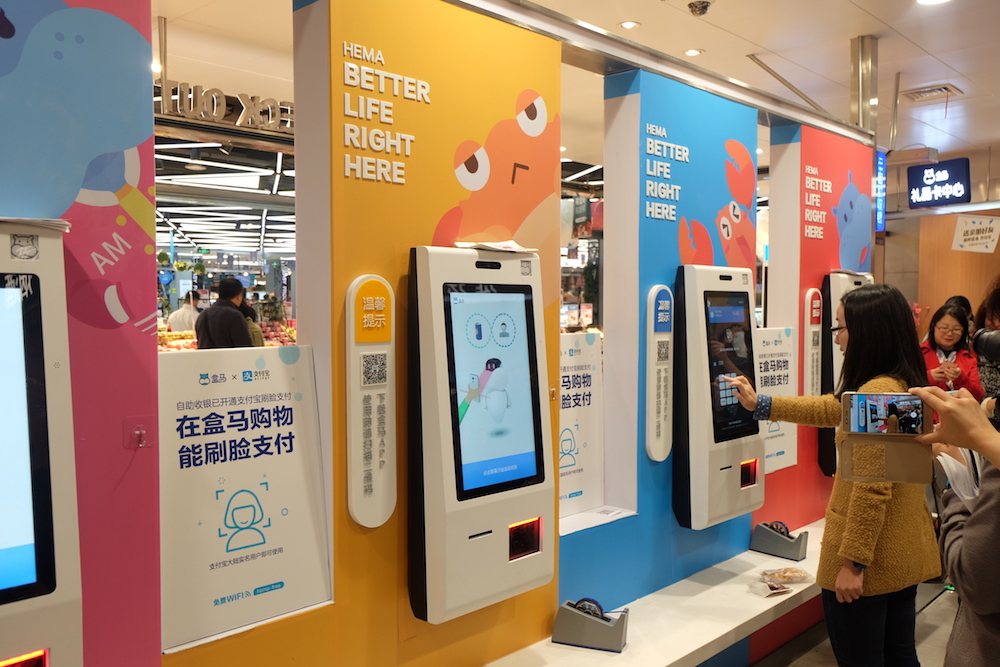Alibaba's "New Retail" Concept Becomes a Leading Innovation Trying to Change the Paradigm of the Shopping Party 11.11
Hema and a number of “pop up stores” are examples of how Alibaba combines the offline retail industry, infrastructure, and technology
In contrast to previous years which focused on record-breaking Gross Merchandise Value (GMV), e-commerce giant Alibaba in 2017 has a different approach to measuring the success of the world's largest 24-hour shopping party 11.11. This can be a guide for local e-commerce activists who have cultivated the theme of shopping parties in the country for 11.11 and 12.12.
DailySocial and a number of media colleagues had the opportunity to directly experience the euphoria of Alibaba 11.11, which this year was centered in Shanghai, China. Tmall, a B2C marketplace platform, is Alibaba's flagship platform for holding shopping parties with the hope of boosting people's consumption levels as well as introducing a number of brands that are partners. It is said that this year there are 140 thousand brands participating. Last year the total GMV recorded by Alibaba in a day reached $17,8 billion (more than 240 trillion Rupiah).
To the media, Alibaba Co-Founder and Vice Chairman Joe Tsai revealed, discounts are a way [to increase sales]. However, he revealed that this year Alibaba's focus for 11.11 is also about innovative ideas and entertainment elements. The innovative ideas here include the use of the "New Retail" scheme which is the company's flagship.
Joe continued, GMV is no longer the only metric that is used as a reference at this 11.11 party. According to him, other important figures that are of concern are how many people attend this 24-hour event, how many orders can be sent, and how many transactions can be handled every second. The last factor to show Robustness Alibaba owned system.
Defining “New Retail”
In China, currently the comparison between offline and online retail schemes is 82% and 18%. The figure of 18% is of course large when compared to the penetration of the e-commerce sector in other countries, but Alibaba sees far greater potential by combining offline retail, technology and infrastructure.
Hema, which in Mandarin means hippopotamus, is the prototype of future offline retail that has become the realization of Alibaba's vision in the last 2 years.

From the outside Hema looks like an ordinary supermarket. A new experience is felt when we are in it. Using the Hema app, we can experience how offline and online habits are combined.
Consumers can buy goods directly, then pay independently using Alipay, or choose the goods to be sent by courier to their home. The latter is similar to what has been implemented in Indonesia by HappyFresh and Honestbee.
There is no delivery fee, there is no minimum value for each transaction, and the maximum radius covered is 3 km. It is claimed that the goods can be delivered within 30 minutes.
Alibaba representative said Hema was not developed to compete with business brick and mortar which has existed. Hema is said to be a prototype of how the offline retail industry is combined with infrastructure and technology. It is hoped that this concept will be adopted by partners in order to create a better omnichannel experience.
In creating Hema, Alibaba “cut” middle man so that the value of the goods offered is claimed to be 10% cheaper than traditional markets.

The method of payment is also interesting. Using an independent cashier, after scanning the barcode of the desired items, there are 2 types of payment methods. The first is to use a QR code which is then paid for using the Alipay mobile payment platform. This is the most common payment method.
The second is to use /face recognition/ technology. This method can only be used by Chinese citizens. By entering a phone number, Alibaba's database that stores resident data will check the validity of buyers using facial recognition technology. From there the data is linked to the Alipay account.
Apart from Hema, in a number of pop up store Alibaba delivers ShowCase how technology can improve people's online shopping experience.
Concept magic mirror, implementing the concept augmented reality, helping consumers to style themselves with lipstick without having to use it directly. There's also vending machine which has a touch screen menu for online shopping.

The last one is the use of RFID technology which, if applied to the barcode of a shirt, will display an online catalog of the product. The same technology was also developed so that goods placed on a surface that can read RFID will be read automatically at the cashier's POS without the need to manually check the barcode of the goods.
According to Joe, currently there is no difference between online and offline purchases. Sometimes people do Browsing goods online, then buy offline, or vice versa. The concept of an omnichannel experience like this should be the future of the retail industry.
Sign up for our
newsletter
